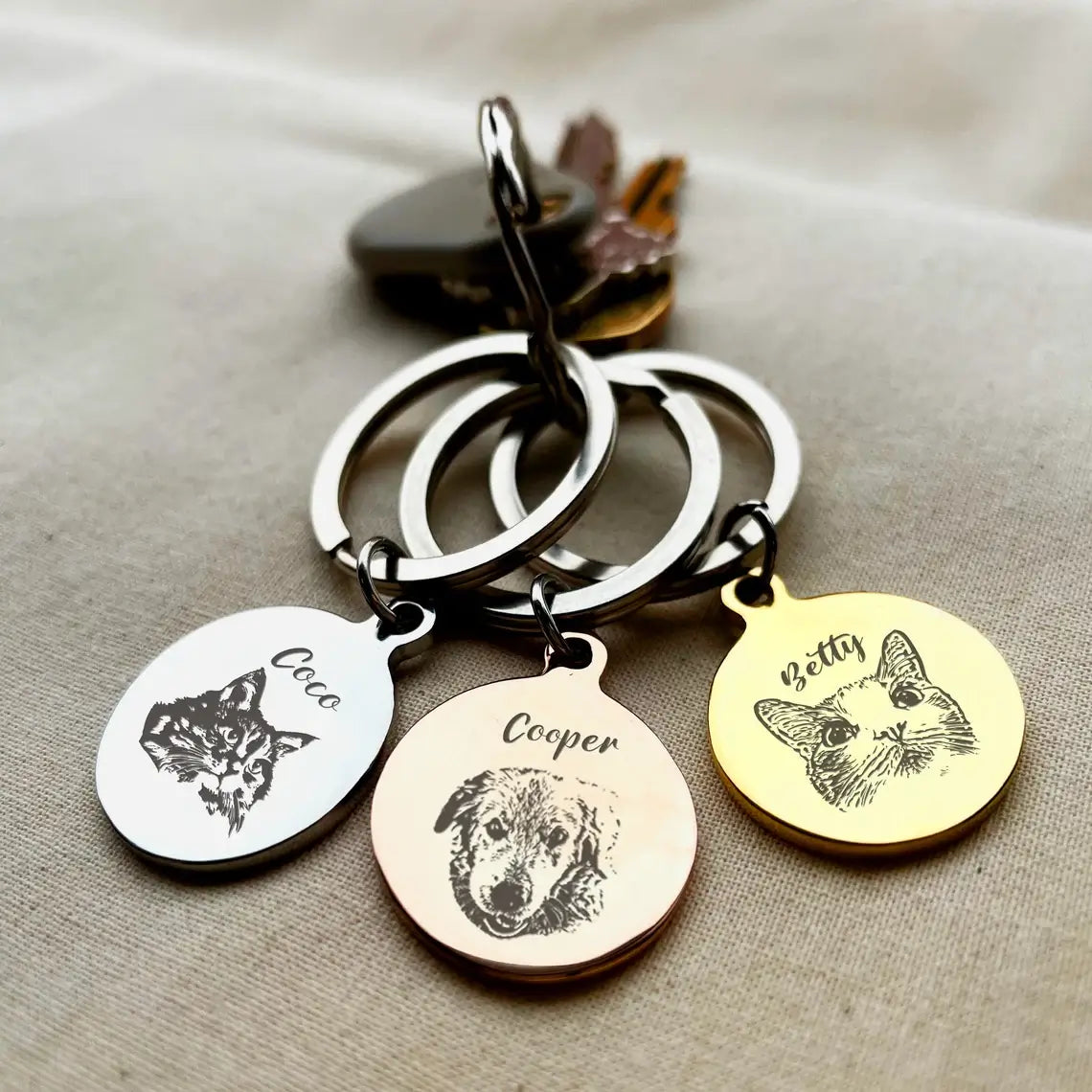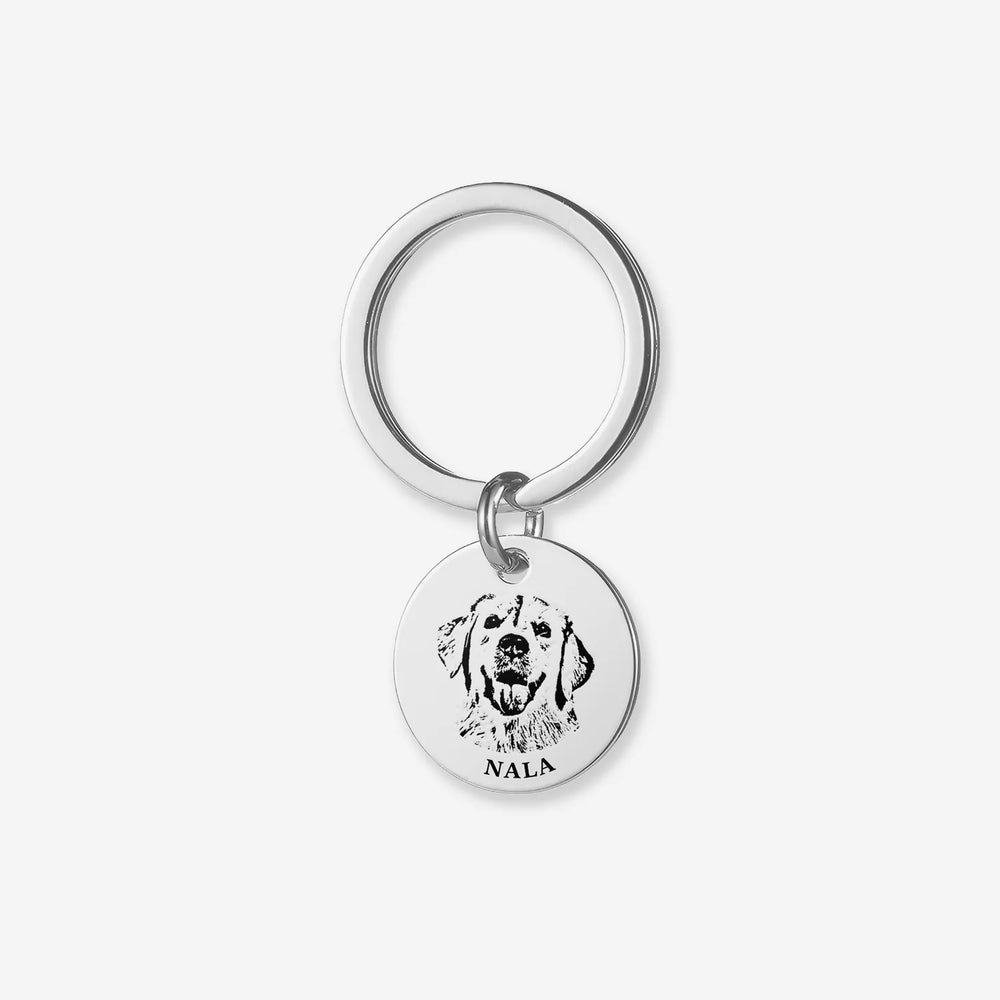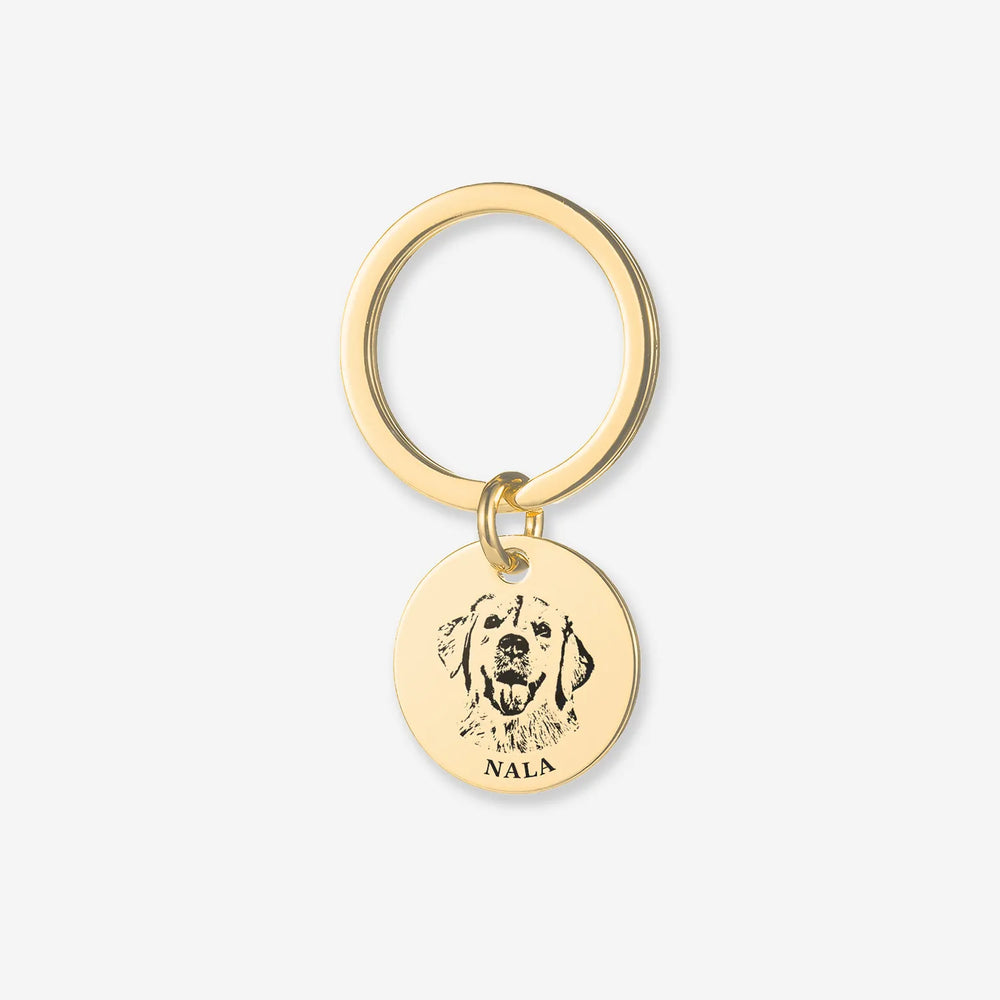Buy One, Get One FREE
Can Dogs Have Nightmares? Decoding the Meaning of Dog Dreams

Engaging Fact:
A dog owner shared how her rescue dog is chased by demons in its dreams every night. This dog often howls and twitches during sleep, which greatly concerns the owner.
Have you ever heard your dog whimper or twitch in its sleep? These behaviors might indicate that they are dreaming, or even having nightmares. Scientific research shows that dogs' sleep patterns are quite similar to humans, making it possible for them to experience dreams. Today, we will delve into whether dogs can have nightmares and how to decode the meaning of these dreams.

Understanding Dog Sleep Patterns
Dog Sleep Cycles
Dogs' sleep cycles include Rapid Eye Movement (REM) and Non-REM stages. According to a study published in Nature, dogs exhibit brain activity similar to humans during the REM stage, suggesting they might be dreaming. Harvard Medical School also points out that dogs' REM stage constitutes 10-12% of their total sleep time, whereas for humans, it's about 25%.
Comparison with Human Sleep Patterns
Like humans, dogs have multiple sleep cycles, each including light sleep, deep sleep, and REM sleep. However, dogs' sleep cycles are shorter, around 20 minutes, compared to humans' 90-minute cycles.
Importance of Quality Sleep for Dogs
Quality sleep is crucial for dogs' physical and mental health. Sleep helps repair body tissues, boosts the immune system, and improves cognitive function. Studies show that dogs lacking sufficient sleep are more prone to behavioral and health issues, such as anxiety and reduced immunity.
The Science Behind Dog Dreams

Brain Activity During Sleep
Research from the Massachusetts Institute of Technology (MIT) on canine electroencephalograms (EEGs) reveals that dogs exhibit brainwave activity during sleep similar to humans, especially during REM sleep, the dreaming phase. These studies indicate that dogs' brain activity during REM sleep includes high-frequency, low-amplitude brainwaves, consistent with human dreaming patterns.
What Do Dogs Dream About?
Dogs' dreams usually relate to their daily experiences. Common dream themes include chasing, playing, and interacting with other dogs. According to Dr. Deirdre Barrett, an animal behaviorist at Harvard University, dogs' dream content likely mirrors or distorts their daily activities. For example, a dog that loves chasing balls might dream of this activity.
Do Dogs Have Nightmares?

Signs of Nightmares in Dogs
Research and veterinary observations suggest that dogs do have nightmares. Triggers for canine nightmares might be related to their life experiences and emotional state. For instance, rescue dogs that have undergone trauma might relive past frightening experiences in their dreams, even if they now live in a safe environment.
Dogs showing signs of nightmares might twitch, paddle their legs, whimper, or growl during sleep. If a dog wakes up appearing frightened or confused, this could be a sign of a nightmare. A survey by the American Veterinary Medical Association found that about 30% of dog owners reported their dogs exhibiting nightmare-like behaviors during sleep.
Causes of Dog Nightmares
Dogs' nightmares can be triggered by stress and anxiety. For example, experiencing a traumatic event or changes in their living environment might cause them to revisit these unpleasant experiences in their dreams. Studies indicate that dogs that have been abused or abandoned are more prone to nightmares. Additionally, illnesses or physical discomfort, such as arthritis or chronic pain, can also be reasons behind nightmares.
Decoding Dog Dreams and Nightmares

Behavioral Insights from Dreams
By observing dogs' dream behaviors, we can gain valuable insights into their psychological states. Frequent nightmares might indicate that dogs are experiencing stress or anxiety when awake. Dr. George Wells, a behaviorist, notes that analyzing dogs' dream behaviors can help us better understand their emotional and psychological needs.
Identifying and Handling Nightmares
When dogs experience nightmares, owners should gently wake them and soothe their emotions. It's recommended to use a soft voice and gentle touch to alleviate their anxiety. If a dog frequently has nightmares, consulting a veterinarian is advised to rule out underlying health issues. Vets might recommend behavioral therapy or medication to help dogs reduce stress and anxiety.
Ensuring Quality Sleep for Dogs

Creating a Comfortable Sleep Environment
Providing a safe, quiet, and comfortable sleep environment is crucial for dogs. Research shows that dogs have better sleep quality in a quiet, disturbance-free environment. Ensuring their bedding is comfortable can significantly improve their sleep quality. Using ergonomically designed dog beds can help alleviate joint pressure, especially for older dogs.
Maintaining a Healthy Routine
Regular exercise and a balanced diet contribute to better sleep quality for dogs. According to the Journal of Canine Nutrition, adequate protein and essential fatty acids intake positively impact dogs' sleep. Mental stimulation, such as toys and interactive games, also helps dogs fall asleep more easily at night. Daily interactive play can reduce dogs' anxiety, enhance their happiness, and promote deeper sleep.
Conclusion
Recap of Key Points
Understanding and recognizing dogs' dreams and nightmares help owners better care for their psychological health. Ensuring quality sleep is crucial for dogs' overall well-being. Through scientific research and practical observation, we can better understand dogs' sleep needs and take effective measures to improve their sleep quality.
Final Thoughts
Encouraging owners to observe and care for their dogs' sleep conditions and take timely measures to improve their sleep quality will not only promote their health but also strengthen the bond between owners and their dogs. Scientists agree that understanding dogs' dreams and sleep behaviors is an important aspect of ensuring their happy and healthy lives.



















